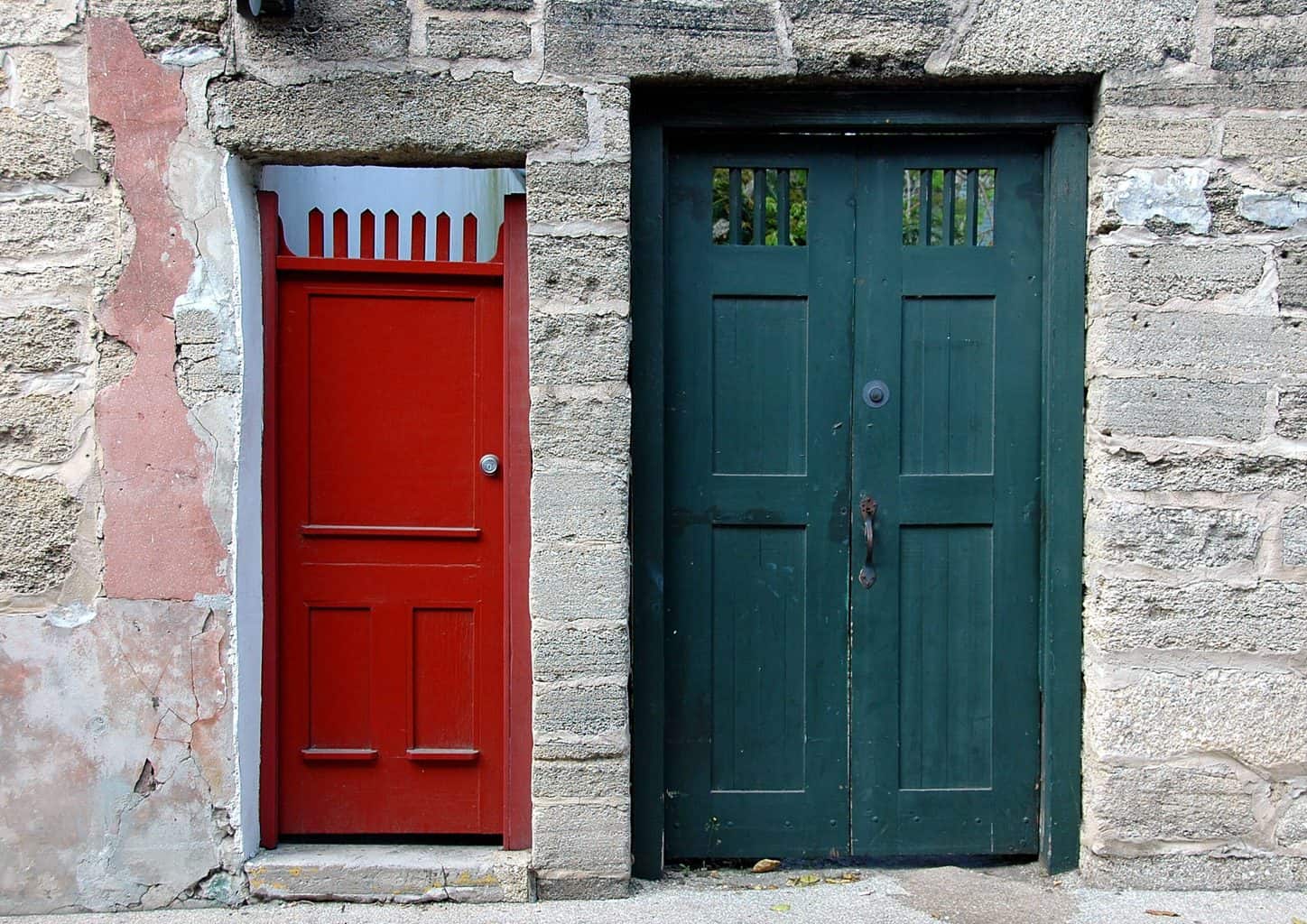“Lord, make us united – but not yet!” So Saint Augustine might have prayed if he was alive today, living in Ireland, an eligible Irish voter of almost any age group, and a participant in last December’s Ipsos MRBI poll – the findings of which were published in last weekend’s edition of the Irish Times.
Characterised by its respectable sample size and trustworthy results that fall within a mere 2.8% margin of error in accuracy, it seems to confirm that Irish Unity is not just a question of costs but also of timing.
Notably, while a broad 62% of people here would vote in favour of a United Ireland, it is generally regarded as a long-term project. Indeed, less encouragingly for enthusiasts and evangelists of an ‘imminent’ United Ireland, Pat Leahy notes in his analysis that only 15% of voters would like to see a Border Poll immediately (not even Sinn Féin propose this), a mere 20% regard it a “priority”, while a significant 52% of voters say it is “not very important” – though they nevertheless “would like to see it someday.”
Not especially reassuring noises for the apparent few who would readily vote for Irish Unity tomorrow, but it must be conceded that they are a far cry from not wanting Irish Unity at all – as commentators of various hues have long argued and implied is the general feeling Down South™.
One factor seemingly neglected in analysis of the findings, however, is the timing of the poll. Conducted between December 5th and December 8th, the Republic of Ireland was only just emerging from its six-week lockdown which began on October 21st.
As Ronnie Drew once sang in The Old Man’s Song:
[Y]ou can’t afford refinement when you’re struggling for your bread.
Or serious constitutional change, as the case may be. In the early days of the pandemic, some sectors saw as many as 140,000 job losses, and since then the Irish Government has been unafraid to admit that “the pandemic had a severe impact on the domestic economy last year”.
Yet now that Ireland is experiencing a strong recovery – [growing] strongly in the second quarter of 2021 as pandemic restrictions were eased…[with a GDP increase of] 6.3%” – the poll, if repeated now, could produce some very different outcomes (although perhaps best to hold off on testing that hypothesis for some time, given that Omnicron imminently threatens to throw another massive spanner in the works).
However, is it foolish to operate under the assumption that Irish people are driven primarily (if not entirely) by economic and financial considerations such as these when it comes to deciding upon their constitutional future? The Easter Rising, for instance, occurred at a time of great poverty for many in Dublin and elsewhere.
The majority, perhaps. In the short and medium term – for the Republic of Ireland that followed, anyway – dire economic straits ensued. The dividends of this decision have only seriously been reaped and enjoyed after a longer period than the 50 years Rees-Mogg predicted for Brexit to pay its dividends – a prediction for which he was roundly ridiculed. Food for thought?
Still, crucially, the Irish people were not dissuaded – nor have they been tempted to revert to their previous constitutional arrangement under Britain to any serious degree (though that is not to say this proposal does not have its advocates).
This inevitably begs the question, however: If the economic hardships associated with leaving the British Empire ultimately did not dissuade the Irish people from at least pursuing independence (whether you believe that to have been achieved is another can of worms), are the current economic hardships dissuading the Irish people from Irish Unity?
And if they are, what has changed in the Irish psyche and why?
It is instructive here to recall what Wilde said about those who know only “the price of everything and the value of nothing” – if only because it is often overlooked that he also spoke of those who know only “the value of everything and the price of nothing.” In the early 20th century, the Irish people fell decidedly into the latter camp, and with the benefit of hindsight, few now regret it – despite the high price paid.
In last December’s Ipsos MRBI poll, however, all eyes are on the price of the potential economic hardships associated with Irish Unity – 79% opposed to higher taxes, and 79% again opposed to less money on public services (the highest percentages garnered by anything in the poll) – but what of the value? The poll has little to say in that regard.
If the Irish people of today fall into Wilde’s former camp, and defer to price as the arbiter of their constitutional future, might they regret it, in another 50 years or more?
Blaine McCartney is a Co. Down-based writer
Discover more from Slugger O'Toole
Subscribe to get the latest posts to your email.
